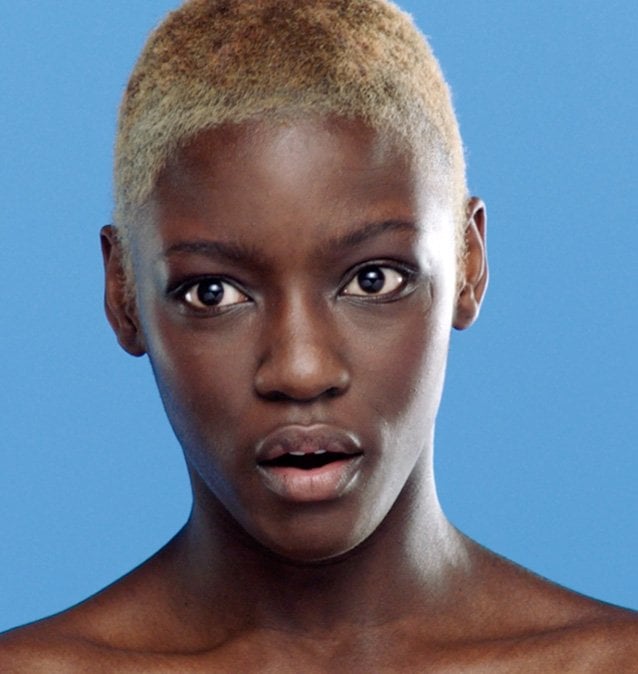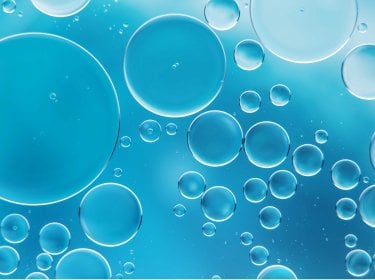À quoi est due l'acné?
Chez les personnes dont les peaux sont à tendance acnéique, un déséquilibre d'un certain type d'hormones, les androgènes, entraîne la production par la glande sébacée d'une grande quantité de sébum. Ces mêmes hormones entraînent une augmentation de la production des cellules mortes qui recouvrent les pores. Ces derniers s'obstruent alors d'un mélange de cellules et de sébum, et deviennent ainsi un terrain fertile pour les bactéries responsables de l'acné. Il en résulte différents types de boutons allant des boutons rouges aux pustules ou aux kystes douloureux et profonds.
En savoir plus










